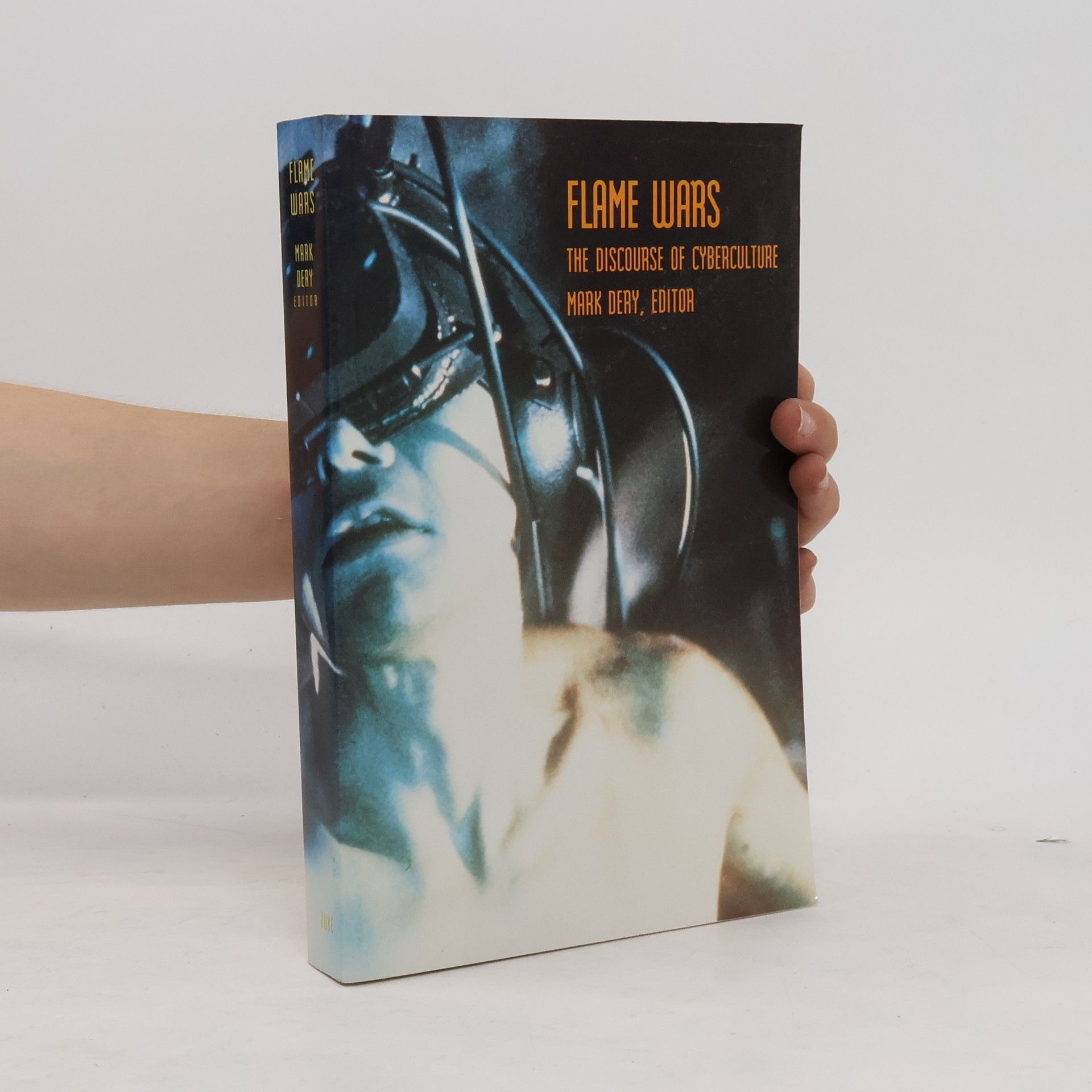"Flame Wars" explores the verbal battles occurring on electronic bulletin boards, highlighting our growing reliance on technology for communication. As we engage more with machines, we become cyborgian hybrids, reflecting a shift towards a future where virtual communities are commonplace. The essays in this expanded edition reveal the complexities of fringe computer culture, showcasing a diverse array of figures, from flame warriors to technopagans who view computers as tools of the occult. Readers will encounter unique narratives, such as a short story by William Gibson featuring software that self-destructs after a single reading, and the story of Lady El, an African American cleaning woman transformed into a powerful cyborg. The anthology also delves into online swinging, mechanical performance art, and includes an interview with Samuel Delany. The contributors, inspired by Fredric Jameson’s vision of cognitive cartography, aim to map the intricacies of our increasingly wired world. With essays from notable voices like Anne Balsamo, Pat Cadigan, and Erik Davis, this collection offers a thought-provoking glimpse into the intersection of technology, culture, and identity.
Peter Schwenger Knihy
